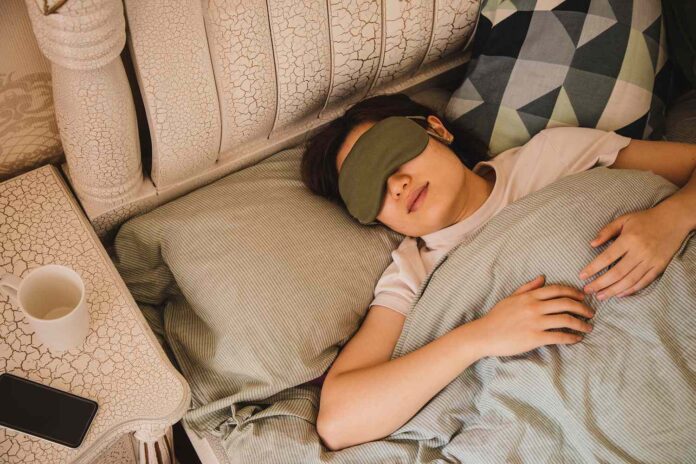
It’s a curious phenomenon that happens to many of us. You tuck yourself into bed, drift off into dreamland, and then, without any conscious effort, you start having a one-sided conversation. Sleep talking, or somniloquy, is more common than you might think, affecting up to 65% of adults. But what does it really mean, and should you be worried?
Decoding the Nighttime Chatter
Sleep talking can range from nonsensical mumbling to clear, coherent sentences. Most people who talk in their sleep have no memory of their nocturnal narratives. While it’s mostly a harmless quirk, it can sometimes signal underlying health issues.
Stress: The Sleep Disruptor
Feeling stressed? Your sleep might be suffering too. Stress can lead to increased sleep disturbances, making you more likely to talk in your sleep. This disruption in sleep patterns can then exacerbate stress, creating a vicious cycle.
PTSD and Nighttime Narratives
For those experiencing post-traumatic stress disorder (PTSD), sleep talking may be more prevalent. PTSD often brings nightmares and disrupted sleep, which can manifest as sleep talking.
Alcohol’s Impact on Sleep
Think a nightcap might help you sleep better? Think again. Alcohol can fragment your sleep and increase the likelihood of sleep talking.
When Sleep Talking Signals Something More
Sometimes, talking during sleep can be a symptom of sleep apnea or other sleep-related disorders. If you find yourself waking up feeling exhausted or have other symptoms like snoring or mood changes, it might be time to consult a professional.
Improving Your Sleep Hygiene
While there’s no one-size-fits-all solution to stop sleep talking, enhancing your sleep quality can make a big difference. Here are some tips:
- Stick to a consistent sleep schedule.
- Aim for 7-9 hours of sleep each night.
- Unwind with a screen-free routine before bed.
- Keep stress in check.
- Lay off the alcohol and caffeine before bedtime.
- Exercise regularly and keep your sleeping environment comfortable.
When to Seek Professional Help
Occasional sleep talking is usually not a cause for concern. However, if it’s affecting your daily life or comes with other symptoms, it’s wise to seek a doctor’s opinion.
Final Thoughts: Embrace Restful Nights
Sleep talking is just one of the many mysteries of our sleep patterns. By understanding it better and taking steps to improve our sleep hygiene, we can all look forward to more peaceful nights. Share your experiences and insights with us, and don’t forget to subscribe for more health and wellness tips!










